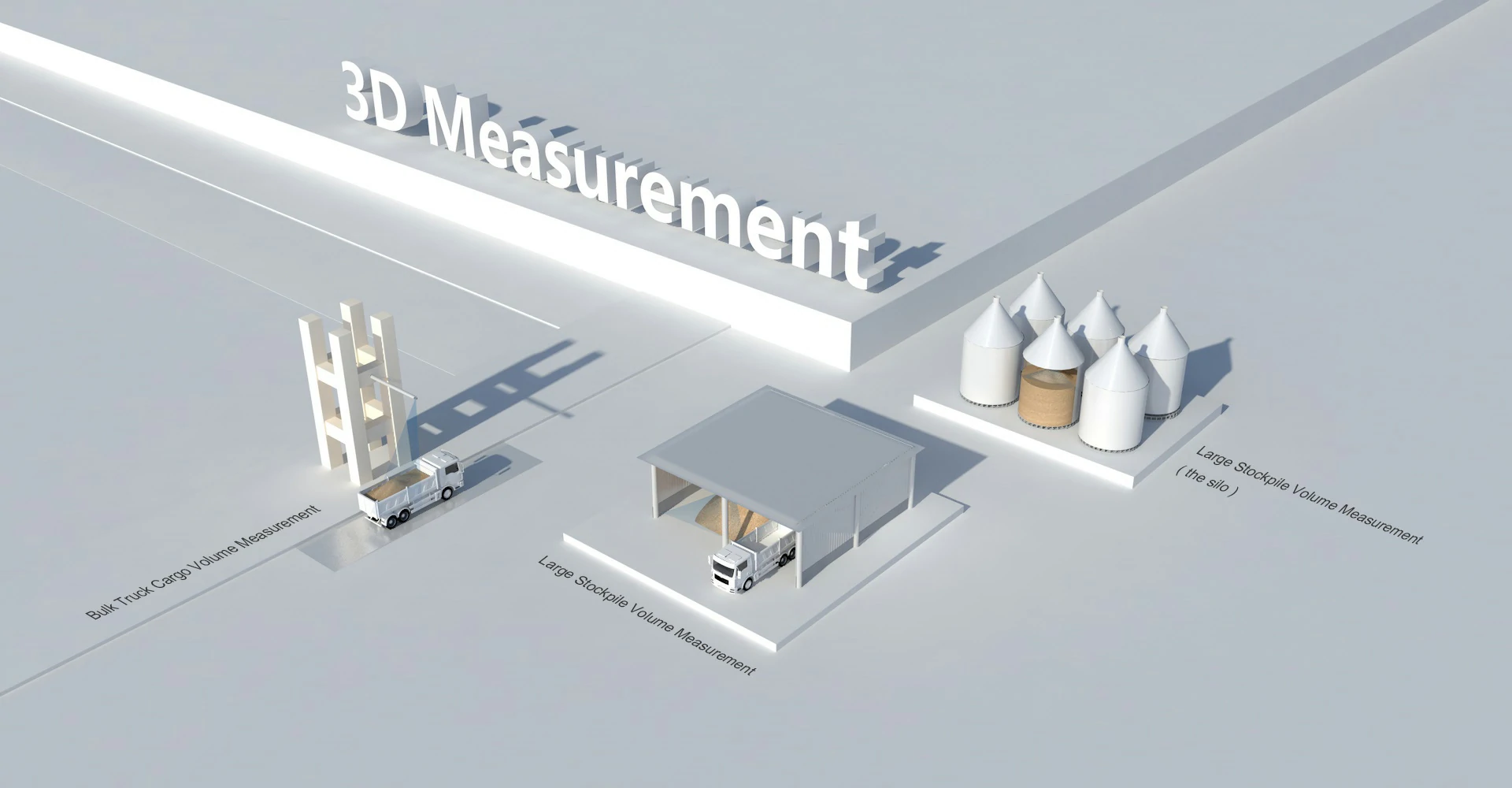
What is LIDAR SCANNER PRICE
LIDAR scanner price refers to the cost associated with purchasing a LIDAR (Light Detection and Ranging) scanner, which is a remote sensing technology used for measuring distances by illuminating a target with laser light and analyzing the reflected light. The price of a LIDAR scanner can vary depending on factors such as the brand, model, specifications, and intended use. Generally, LIDAR scanners can range in price from a few thousand dollars to tens of thousands of dollars, with high-end models used for specialized applications potentially costing even more.
The Main Technology in LIDAR SCANNER PRICE
The main technology in LIDAR scanner price is the Light Detection and Ranging (LIDAR) technology itself. LIDAR scanners use laser beams to measure distances and create detailed 3D maps of their surroundings. These scanners emit laser pulses and then measure the time it takes for the light to bounce back, allowing them to calculate the distance to objects with high precision. This technology is crucial for various applications such as autonomous vehicles, surveying, and environmental monitoring. In terms of pricing, the cost of LIDAR scanners can vary depending on factors such as the range, resolution, and accuracy of the device.


Applications of LIDAR SCANNER PRICE
LIDAR scanner price plays a crucial role in determining the accessibility and adoption of LIDAR technology across various industries. The cost of LIDAR scanners can impact their applications in fields such as autonomous vehicles, forestry management, archaeology, urban planning, and more. A higher price point may limit the widespread use of LIDAR technology in certain sectors, while a more affordable option could lead to increased innovation and integration of LIDAR systems. Ultimately, the price of LIDAR scanners influences the pace of technological advancements and the extent to which they can be utilized in different industries.
Benefits of LIDAR SCANNER PRICE
The benefits of lidar scanner price include affordability, accessibility, and increased adoption in various industries. With the decreasing cost of lidar scanners, more businesses and organizations can now afford to incorporate this advanced technology into their operations. This has led to a wider range of applications, from autonomous vehicles and mapping to agriculture and construction. The lower price point also means that smaller companies and startups can leverage lidar technology to improve efficiency and productivity. Overall, the reduced cost of lidar scanners is driving innovation and progress across multiple sectors.

LiDAR in Construction Monitoring
Neuvition's Titan series LiDAR sensors offer high-precision 3D scanning capabilities
ideal for construction site monitoring. The Titan M1 series, with its long-range and
high-resolution features, can capture detailed site data for accurate progress tracking
and volumetric measurements.
Neuvition LiDAR Products Overview

Titan S2
Specialized for specific industrial uses.
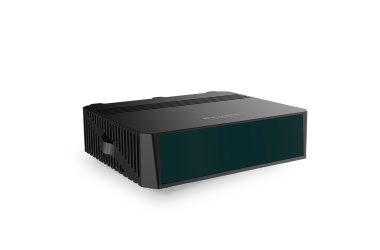
NeuX1
Next-generation LiDAR technology with enhanced capabilities.
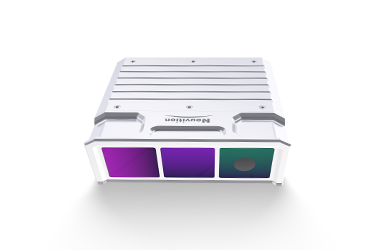
Titan M1 Series
Long-range, high-resolution LiDAR sensors for various applications.

Titan W1
Designed for wide-angle scanning in challenging environments.
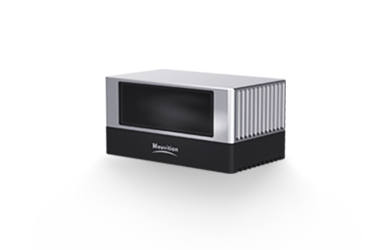
Titan P1
Compact and versatile for mobile and robotics applications.
Neuvition LiDAR Products Overview
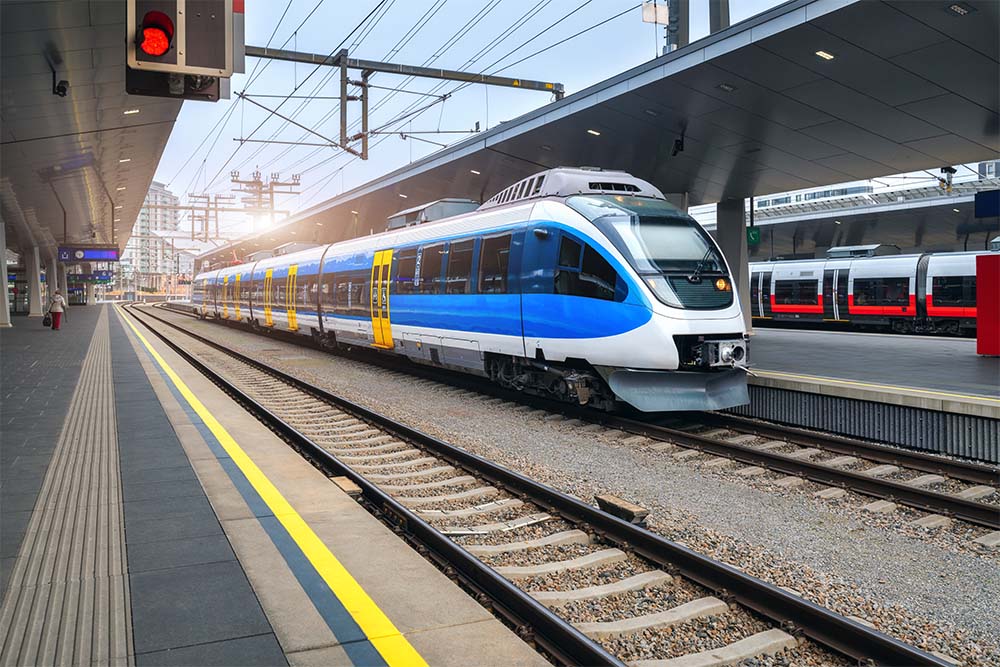
Railway Collision Avoidance
Enhancing safety in rail transportation.
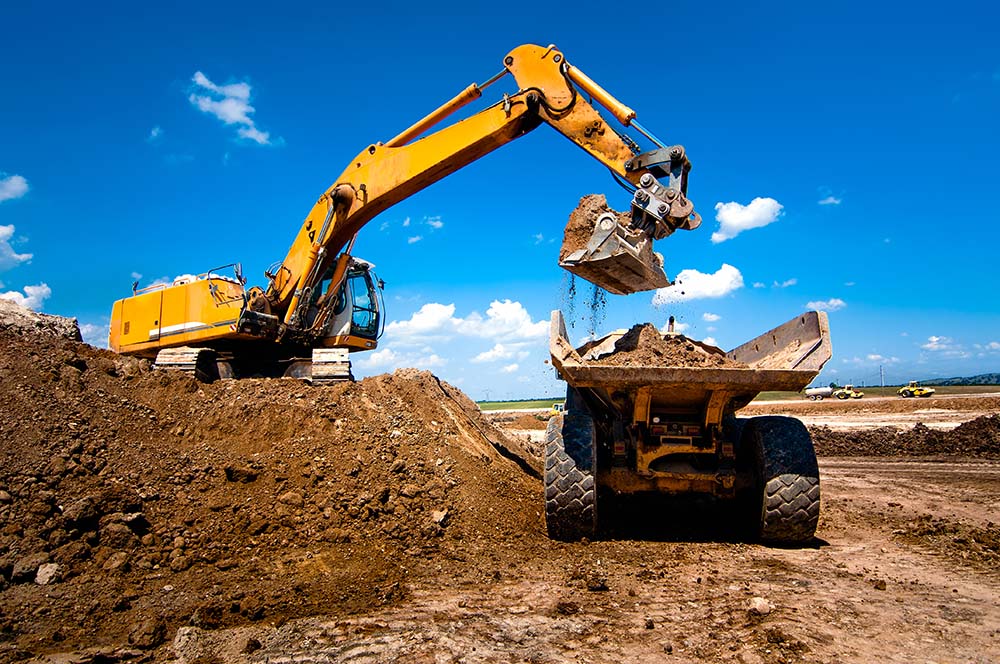
Volume Measurement
Accurate 3D volume calculations for industries like mining and construction.
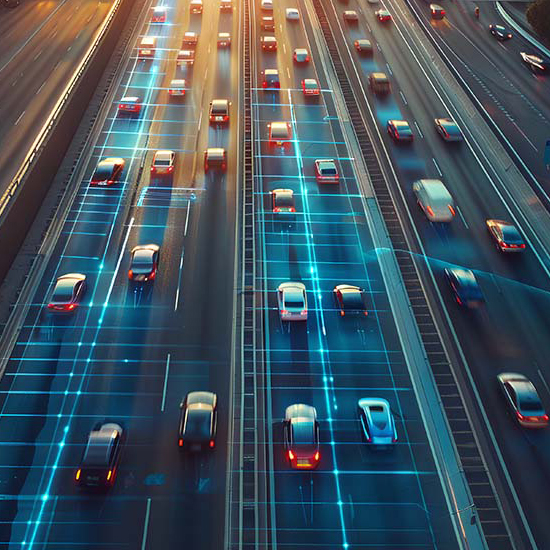
Smart Highway
Improving road safety and traffic management.
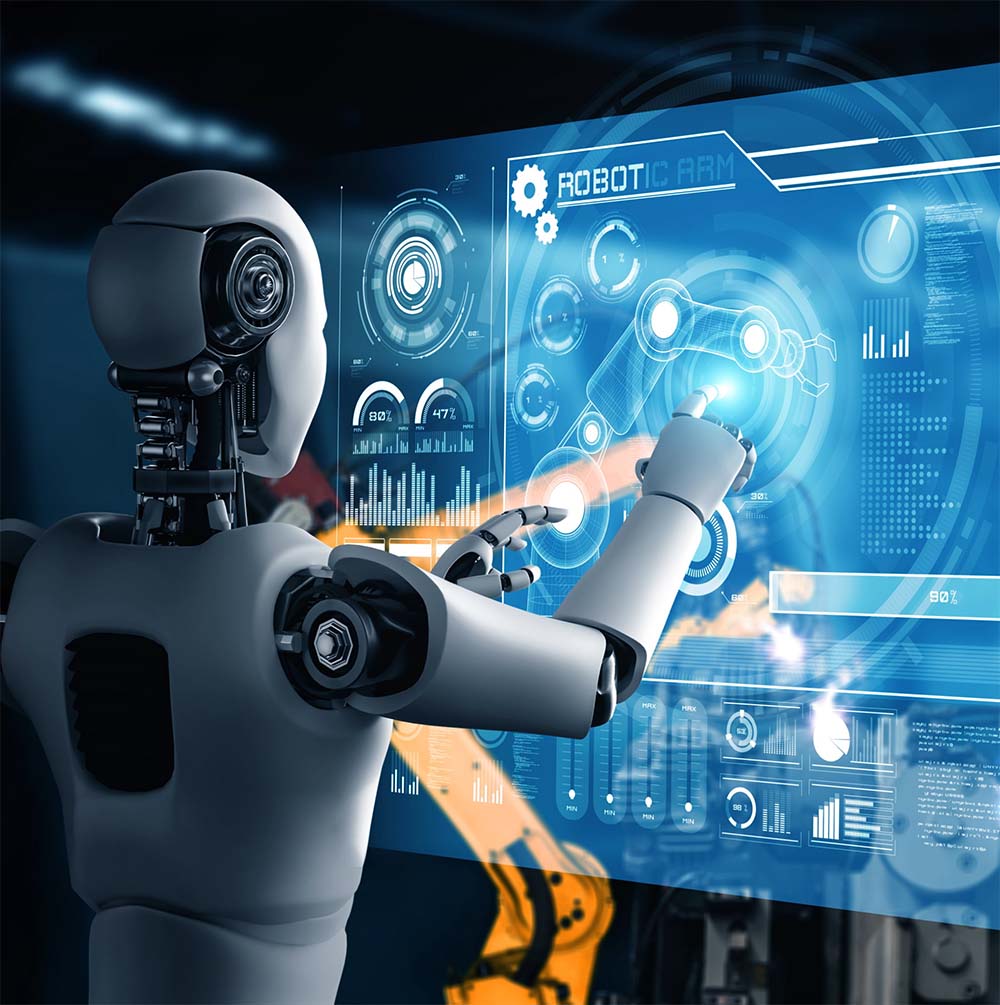
Robotics
Enabling precise navigation and object detection for autonomous robots.
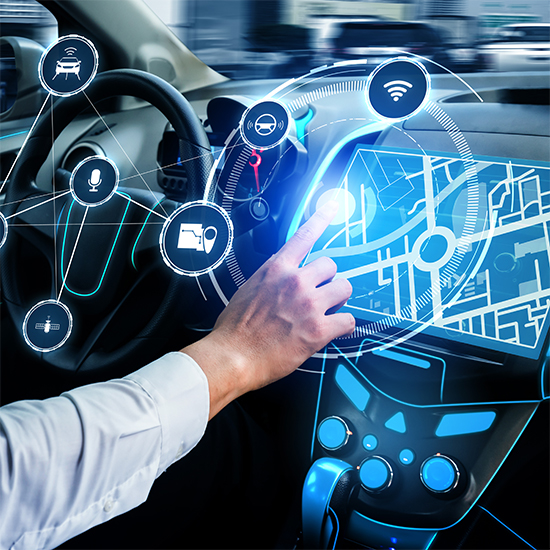
Autonomous Driving
Advanced sensing for self-driving vehicles.
Application Areas of LiDAR
Benefits of Using LiDAR

High accuracy and
precision in 3D mapping

Real-time data
collection and processing

Ability to penetrate vegetation
and capture ground topography

Efficient large-scale
surveying and mapping

Enhanced safety in
autonomous systems

Improved decision-making
with detailed spatial information
Software Solutions for LiDAR
Neuvition provides software solutions to complement its hardware, including point cloud processing and analysis
tools, real-time visualization software, a data integration platform for enterprise applications, and customized
algorithms tailored to specific industry needs.

Success Stories
MetroInnovate Urban Solutions improved traffic flow by 15% after implementing Neuvition's Smart Highway system. Emily Parker, the Director of Smart City Development, played a key role in deploying this system to enhance urban traffic management and reduce congestion.
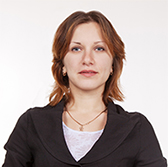
BuildMaster Construction reduced project timelines by 20% using Neuvition's LiDAR-based site monitoring solution. Michael Thompson, the COO, led the adoption of this technology, focusing on improving efficiency and project management.

DeepCore Mining increased excavation efficiency by 25% with Neuvition's volume measurement solution. Robert Lin, the Head of Operations, was instrumental in integrating this technology to optimize resource extraction and operational productivity.

FAQ












Contact Us
If you have any questions or suggestions, please leave a message, we will get in touch with you within 24 hours!
